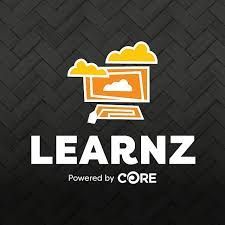Economics
We are preparing to close this site soon as this content has now moved to Tāhūrangi.
Tāhūrangi is the new online curriculum hub for Te Tāhuhu o te Mātauranga | Ministry of Education.
Nau mai haere mai
The economics area of Social Sciences Online provides curriculum and assessment information, resources, and useful links to support the teaching and learning of economic studies in years 11–13.
Economics is a social science, concerned with how people and groups use limited resources to produce goods and services to satisfy their unlimited wants and needs.
When we cannot have everything we want, we have to make choices. Economics provides us with a toolkit to make informed choices and better use of resources, especially those that are limited or scarce.
You can browse the content in this section using the tabs below.
The New Zealand Curriculum: Social sciences
This section of the New Zealand curriculum website has information about the social sciences as a learning area. Resources and information relating to the previous (1997) curriculum document may continue to be used as supporting documents when planning teaching and learning programmes.

Economics Teaching and Learning Guidelines (years 11–13)
Senior Secondary Teaching and Learning Guidelines provide support for teachers of economics as they develop programmes of learning for their senior secondary students. They reflect the intent of the national curriculum and are an adjunct to it. Includes a resources section with useful links for history teaching and learning.
Visit Economics Teaching and Learning Guidelines (years 11–13)

The New Zealand Curriculum
The New Zealand Curriculum sets the direction for teaching and learning in English-medium New Zealand schools. It has been mandatory since February 2010.

Understanding the social sciences as a learning area – A position paper
This position paper highlights the importance of the social sciences and the place of social studies as a social science in the New Zealand curriculum.
Visit Understanding the social sciences as a learning area – A position paper

Te Marautanga o Aotearoa
Te Marautanga o Aotearoa is the curriculum for Māori-medium teaching, learning, and assessment. It is New Zealand’s first curriculum to be developed and written in te reo Māori and sets the direction for teaching and learning in Māori-medium schools and settings.

Key Competencies
This section of the New Zealand Curriculum Online website offers specific guidance to school leaders and teachers on integrating the key competencies into the daily activities of the school and its teaching and learning programmes.

NCEA Levels 1, 2, and 3 achievement standards
Level 1, Level 2, and Level 3 registered achievement standards for economics are available for use. They have been aligned with The New Zealand Curriculum (2007) and formally registered by NZQA.
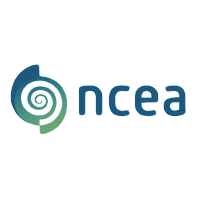
NZQA – NCEA Economics subject resources
This Economics subject resources page provides links to information relating to economics assessment.
This page contains resources and tools to help support internal and external assessment (exams), teachers delivering this subject, learners taking this subject.
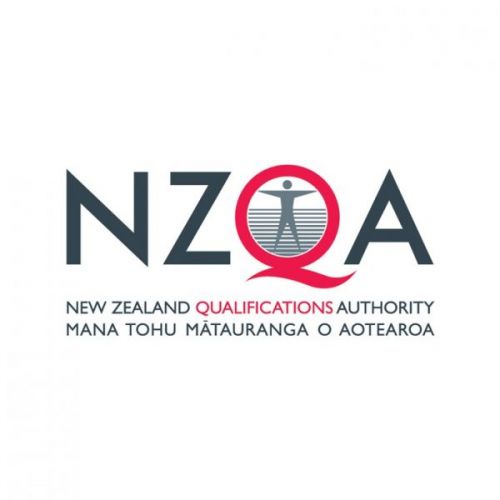
The New Zealand Qualifications Authority (NZQA)
Follow links to the New Zealand Qualifications Framework, NCEA, and subject achievement standards. Some useful resources are available on the NZQA website.
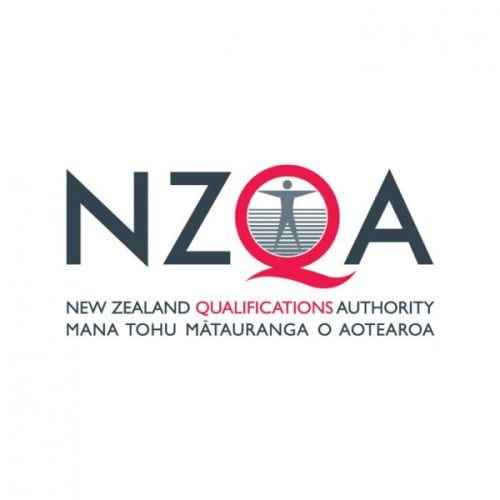
NCEA support materials
These support materials have been developed for use with NCEA achievement standards.
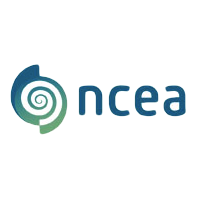
Assessment Online
This key community covers assessment in the classroom, effective use of evidence, and reporting to families and whānau.

ERO (The Education Review Office)
In 2007, ERO published three reports on schools’ effectiveness in the collection and use of assessment:

Consumer protection resources: NCEA Level 1 – year 11
This NCEA Level 1 Internal Assessment resource for year 11 students requires students to conduct an inquiry into a government agency of their choice to report on how it works to promote social justice for New Zealand consumers.

The New Zealand Commerce and Economic Teachers’ Association (NZCETA)
The New Zealand Commerce and Economic Teachers’ Association (CETA) is a national organisation administered through the CETA Curriculum and Membership Services office in Oamaru, with 15 regional branches.
Visit The New Zealand Commerce and Economic Teachers’ Association (NZCETA)
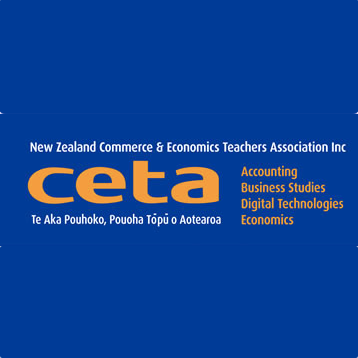
DairyNZ Schools
DairyNZ Schools provides curriculum-based lesson plans for teachers to encourage and facilitate learning about the dairy sector.
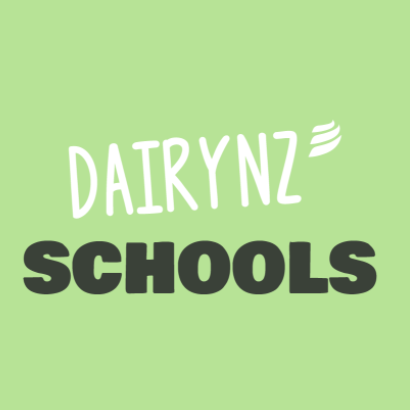
Rosie's World
Rosie’s World is designed by DairyNZ to entertain kids and help them learn about dairying. On the site kids can play games, watch videos, read Rosie’s blog, learn about Rosie, the dairy industry’s cowbassador, and more.
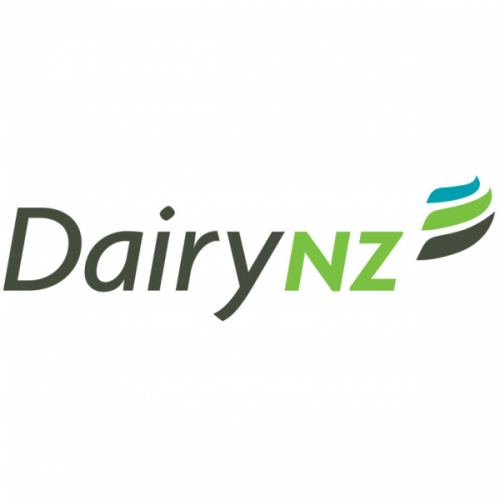
Go Dairy
DairyNZ has developed Go Dairy to promote career pathways in the dairy, agri-science and agri-business industries.
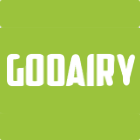
Education for Enterprise
Education for Enterprise (E4E) is about promoting an approach to learning – one that is real, relevant, and gives students responsibility for their learning. In this section, find out more about why an enterprising approach to learning could benefit your students, and how to develop an E4E approach in your school.

The National Library of New Zealand – Services to Schools
Services to Schools supports educators by providing professional learning, advice, and quality resources to inspire and inform student learning, foster their love of reading, and develop their knowledge of culture and heritage.
Visit The National Library of New Zealand – Services to Schools

Any Questions (students)
Students can go to this website to find useful, accurate, online information. Librarians from all over New Zealand are available each week day between 1pm and 6pm to help students search online. To use AnyQuestions.govt.nz, students must be attending a New Zealand primary, intermediate, secondary school or being home-schooled.

LEARNZ - Virtual Field Trips
LEARNZ virtual field trips provide free, fully supported, interactive student experiences plus the largest collection of New Zealand, contemporary digital resources for education. These engaging, curriculum rich e-learning opportunities allow students to interact with inaccessible people and places throughout New Zealand and Antarctica.
